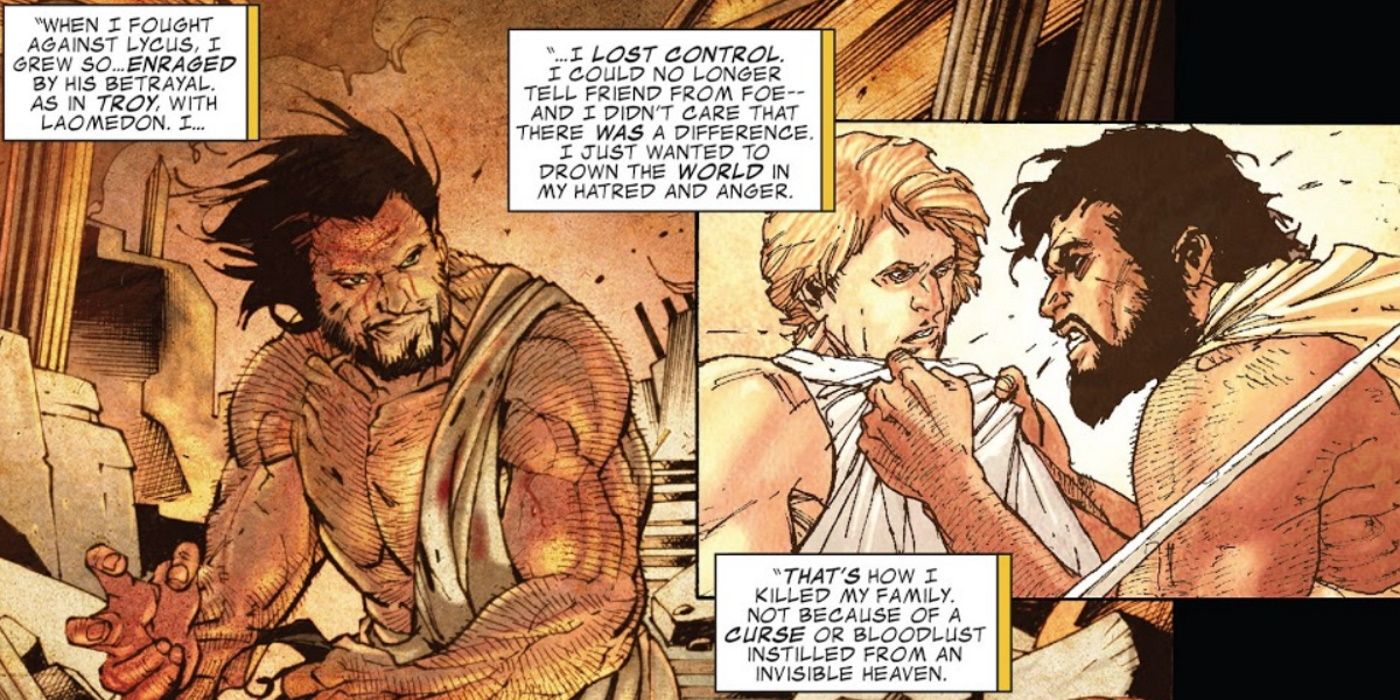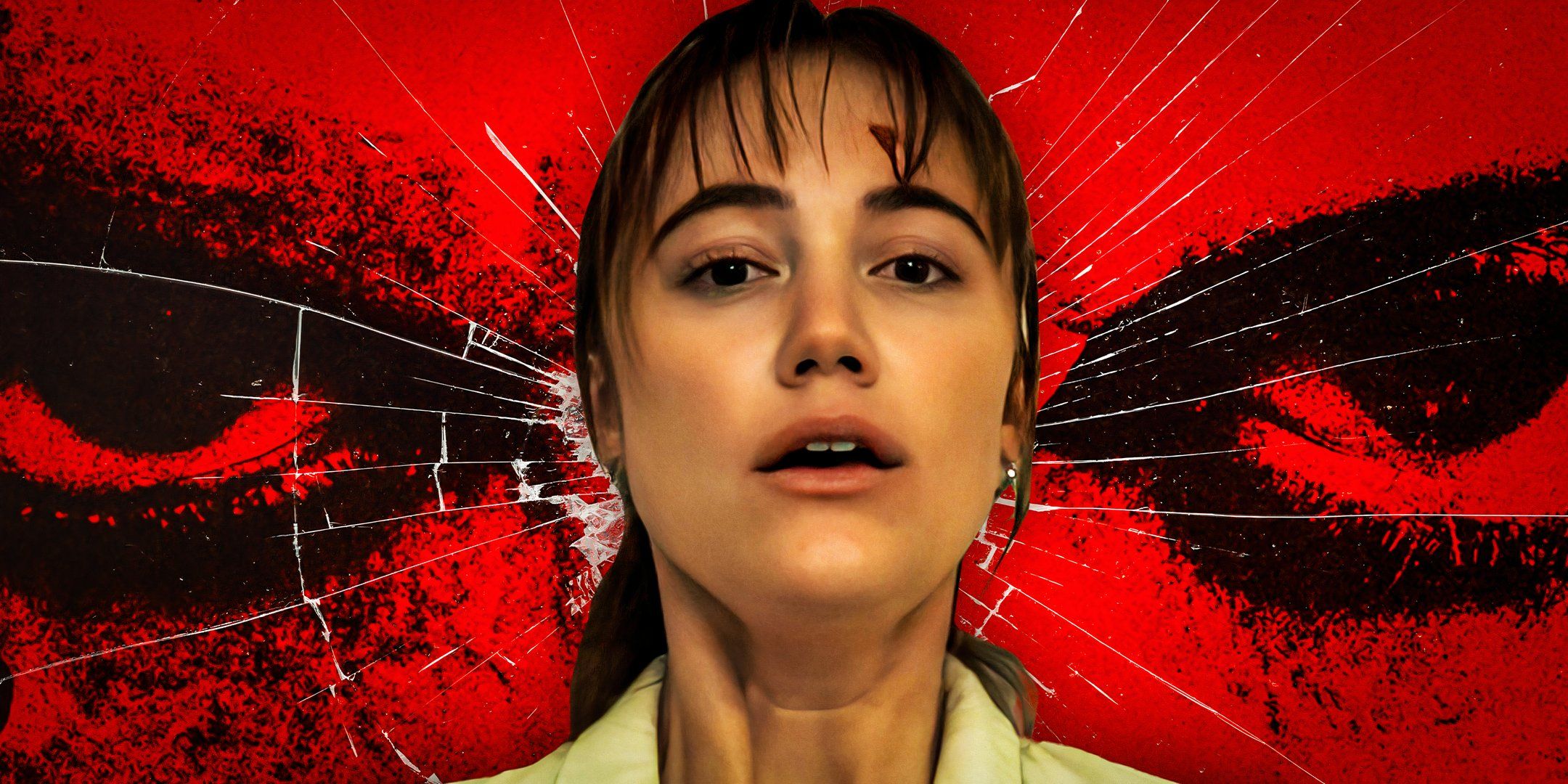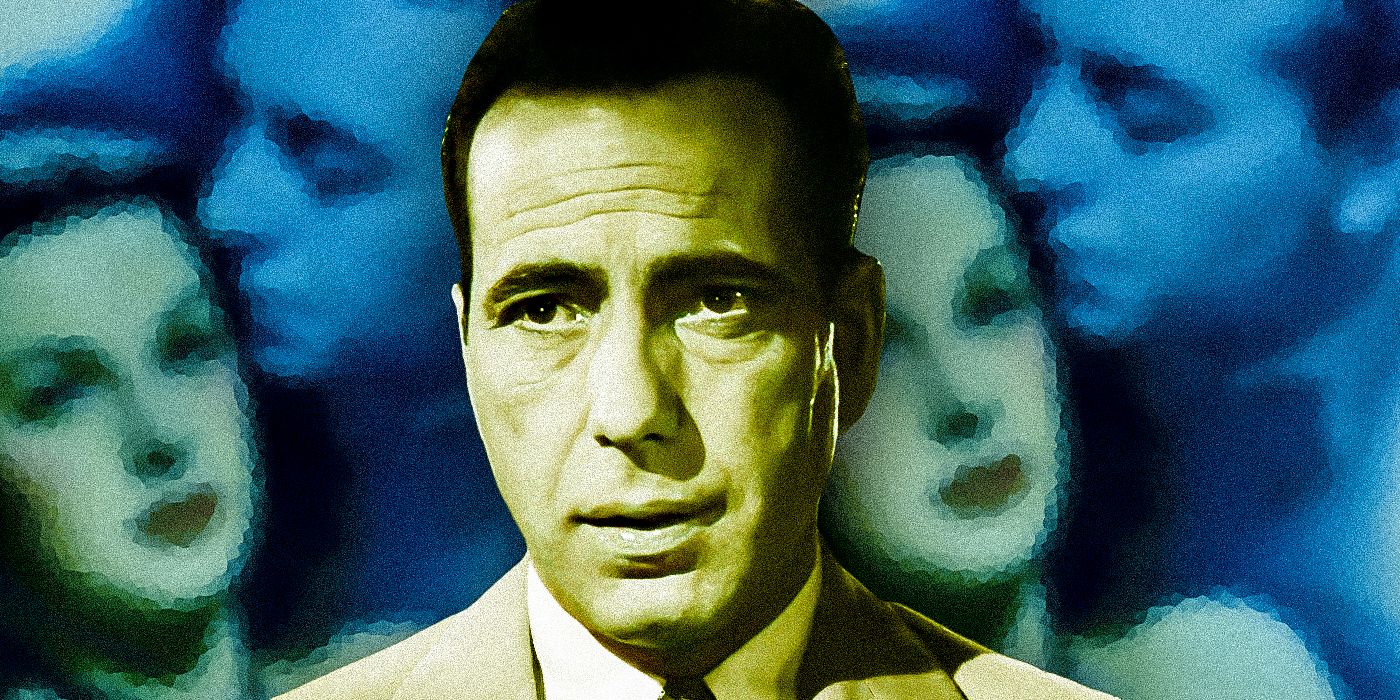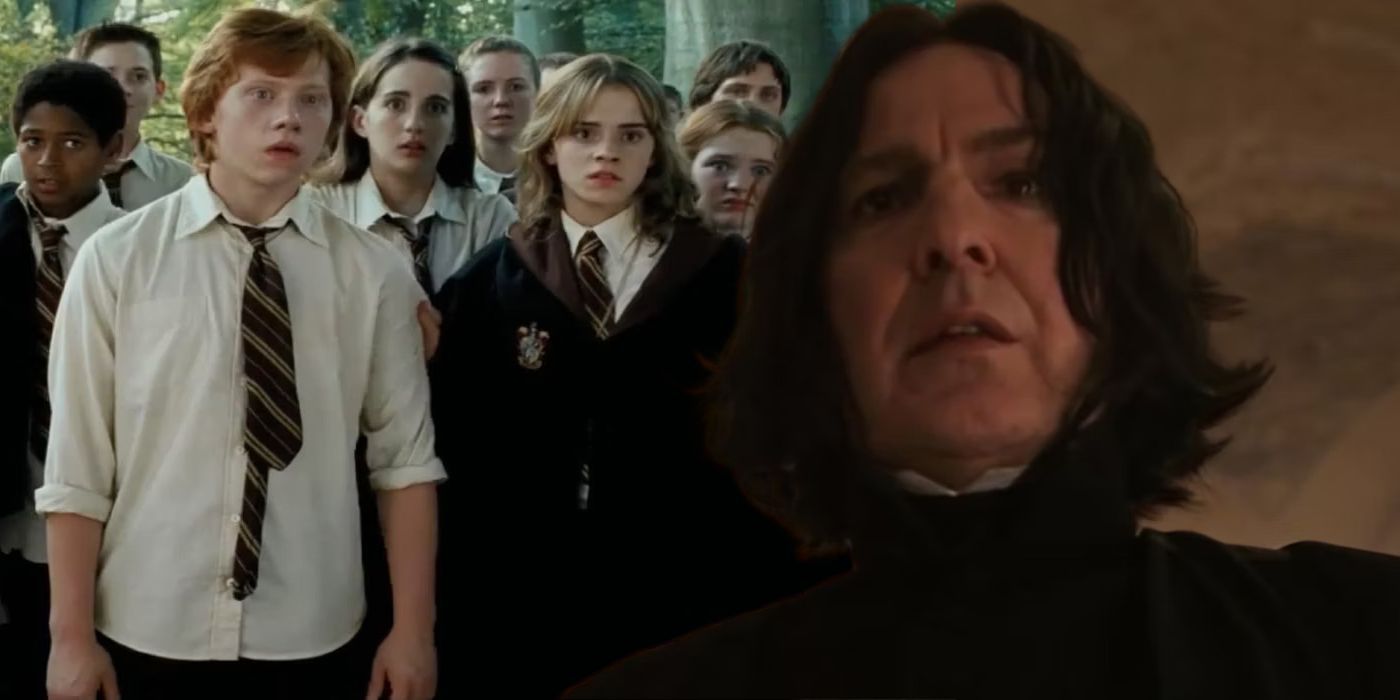Long before Marvel Comics introduced readers to its pantheon of gods and heroes, audiences had already been enthralled for centuries by the stories of the Greek God Hercules. Considered one of Greek mythology’s greatest heroes (and one of history’s original superheroes), Hercules’ exploits are legendary. Fans know all about how he strangled two snakes while still an infant and journeyed with Jason and his Argonauts in search of the Golden Fleece.
However, Hercules’ most thrilling stories are the epic tales of his Twelve Labors. Originally framed as a tale of atonement for accidentally killing his wife and children, the labors drove Hercules to complete multiple impossible tasks — from killing the multi-headed Hydra to dragging the three-headed hound Cerebrus from the Underworld to the land of the living. In Marvel Comics, however, the Twelve Labors of Hercules have a disturbing twist.
Revealed in The Incredible Hercules #115, fans learn that Marvel’s version of Hercules did something truly awful after completing his labors, something that caused him to change his very name and identity. In the story, a modern-day Hercules is traveling with Amadeus Cho, a teenager who possesses a “hyper mind” that allows him to accomplish tasks only a supercomputer is capable of. Disillusioned by modern government agencies, Amadeus plans to use his computer expertise to create a virus that can cripple S.H.I.E.L.D. Horrified, Hercules tries to convince his friend not to go through with his plan, making Amadeus try to sway Hercules by reminding him that Hera, Queen of the Gods, once made Hercules kill his wife and kids much like S.H.I.E.L.D manipulates people with guns and computers.

Deciding to set the record straight, Hercules decides to tell Amadeus the story of how his wife and children really died. According to him, their deaths actually took place after Hercules completed his twelve labors and returned to his home to discover his enemy Lycus had killed his father-in-law and condemned his wife and children to death. Enraged, Hercules became so consumed with blood rage that he not only killed Lycus – he killed his own wife Megara and his children, since he could no longer distinguish between friend and foe. Once the blood rage had passed, Hercules was horrified by what he had done – and his friends attempted to excuse his behavior by claiming Hera had cursed him with some divine bloodlust. Too ashamed to admit that he was truly at fault, Hercules chose to take on his Roman name “Hercules” to distance himself from his divine stepmother since his original Greek name (given to him by his father Zeus to appease Hera) was Herakles or “The Glory of Hera.”
Admitting that he had never told that story to anyone before, Hercules goes on to tell Amadeus that if he destroys the good and bad that S.H.I.E.L.D does with his virus (much like Hercules destroyed both his enemies and loved ones) the teen genius should admit that he – like Hercules – is motivated by anger, not justice. Begging Amadeus, “Please don’t be anything like me,” Hercules manages to convince his friend not to go through with his plan.
While Hercules’ story contradicts the tales many popular myths tell about his Twelve Labors, it is a striking narrative that serves to illustrate the fallibility of gods and immortals. As Hercules tells Amadeus, “myths are stories that only have the meaning you give to them,” showing that while Marvel Comics may not offer straightforward retellings of classic myths, the versions they create can be powerful in their own right.





